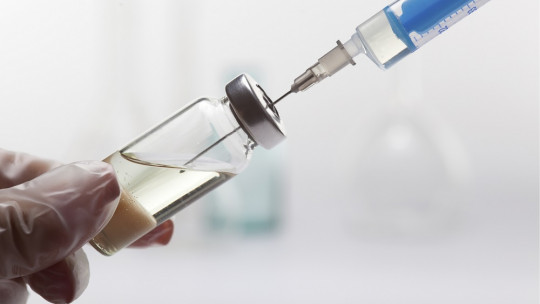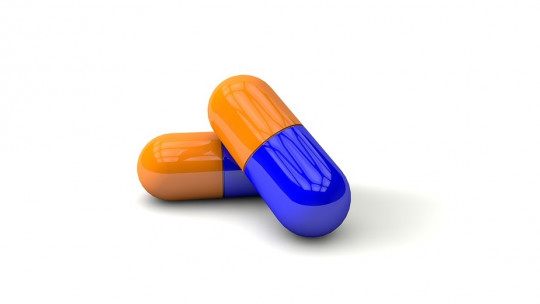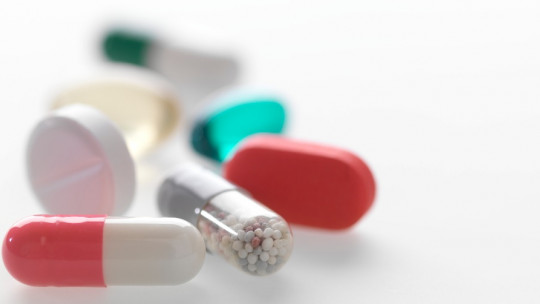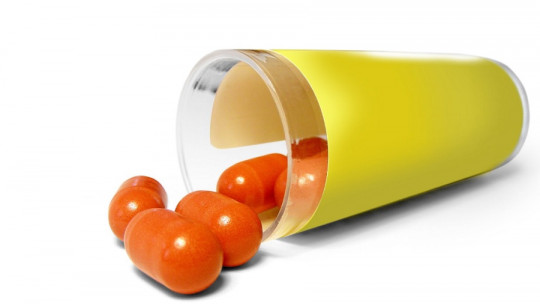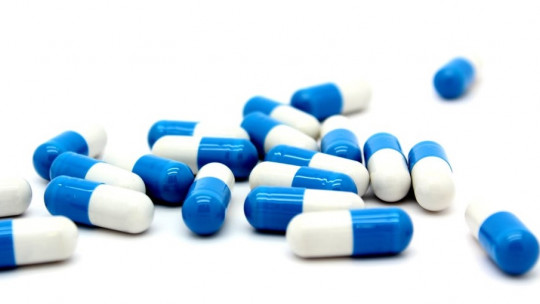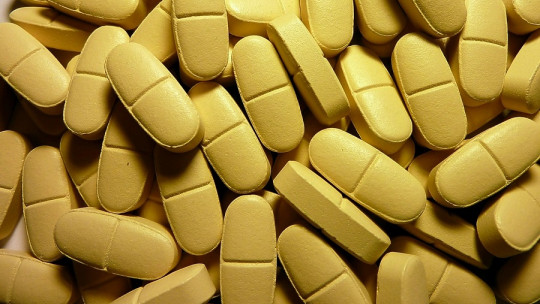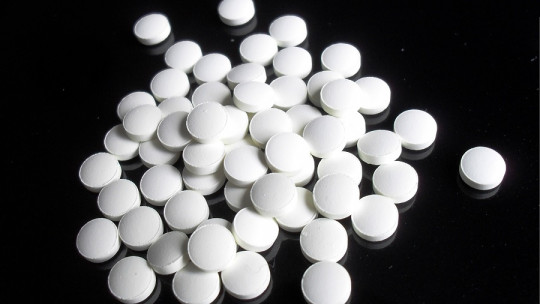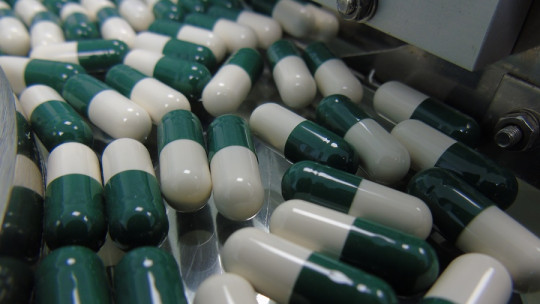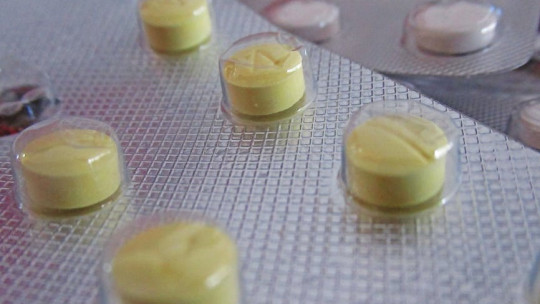
The great variability of psychotic disorders, as well as the symptoms and severity they present, has led to the research and development of a large number of different antipsychotic drugs.
Risperidone is a second generation antipsychotic medication generally administered in schizophrenia and in certain cases of bipolar disorder. However, its applications are very varied. Throughout this article we will talk about these applications and the many more characteristics that distinguish this medication.
What is risperidone?
Risperidone is an antipsychotic drug, marketed almost worldwide under the name Risperdal. This medication belongs to the antipsychotics known as second generation and its approval dates back to 1993.
This chemical compound, which It is mainly administered in cases of schizophrenia, works as a powerful dopamine antagonist blocker. In this way it inhibits the activity or functioning of the postsynaptic dopaminergic receptors.
In addition, risperidone also has a powerful effect on serotonin levels. Specifically, it acts as an antagonist of its receptor. Thanks to its rapid and effective form of action, risperidone has become one of the reference drugs when it comes to stabilizing patients diagnosed with schizophrenia or some other type of psychosis.
By administering second-generation antipsychotics such as risperidone, psychotic patients are able to think more clearly, reduce their level of excitement and, with the help of other therapies of a psychological or psychiatric nature, integrate better into their environment and lead as normal a life as possible
In what disorders is it used?
Although this drug is commonly used in diseases classified as psychotic, risperidone has traditionally been recommended for the treatment of the symptoms of schizophrenia in adults and young people aged 13 years and older. Its effects on brain chemistry helps treat symptoms such as distorted or paranoid thoughts reduces emotional intensity and favors an increase in interest in life.
Another of its many applications is related to the treatment of certain psychotic emotional disorders such as manic episodes or mixed episodes in patients over 10 years of age with bipolar disorder. These episodes are characterized by abnormally high moods and, in the case of mixed episodes, accompanied by deep feelings of sadness.
Additionally, risperidone can also be used to treat symptoms of aggression commonly present, both in the previous disorders and in autism spectrum disorders. Therefore, it is very common for this to be administered in cases of minors between 5 and 16 years old with any of these disorders.
How is it administered?
Currently, risperidone is marketed in both tablet form, fast-dissolving soluble tablets, and liquid solution form, all of them for oral consumption the usual dose of this is one or two doses a day.
However, it is necessary to specify that these are only generic instructions and that the patient must always follow the instructions of the medical staff to the letter. Therefore, the patient should never alter the dose of medication, neither by excess nor by default. Otherwise he may experience serious side effects such as confusion or very serious hallucinations.
Due to the powerful effects of risperidone, It is very possible that treatment will be started gradually starting with very low doses of this medication and increasing it as the first weeks of treatment pass.
Finally, in those patients who are in a more serious condition that makes them unable to manage or control their own medication, intramuscular administration of this antipsychotic can be carried out. Thanks to this form of treatment, the patient will only have to go to their health center every two weeks and a more exhaustive control of the patient’s symptoms can be carried out.
What side effects does it have?
Like other psychiatric medications, risperidone can cause a series of side effects that, depending on their intensity and duration, include:They can be annoying and even harmful to the patient’s general health
These side effects are divided into those that are not serious, so they do not require medical attention, and those that are more serious, in which it will be necessary to go to the doctor’s office as soon as possible.
Whatever the case, if the unwanted effects of risperidone last longer or tend to worsen, it is highly recommended to inform the corresponding doctor so that he or she can adjust the dose or change the medication.
1. Non-serious side effects
Among the side effects that do not pose a serious risk to health we find the following.
2. Serious side effects
If any of these side effects appear, the patient should not stop the medication on their own but should immediately inform the relevant doctor.
What precautions should be taken with its consumption?
Before starting treatment with risperidone, the patient must report any special health conditions they have. The reason is that there are a number of diseases or conditions that can interfere with treatment or be aggravated by it. Among these diseases are:
-
Dementia.
- Parkinson’s disease.
- Heart diseases
- Hypotension.
- Epileptic disorders
- Phenylketonuria.
Likewise, the patient must inform the doctor if you have any allergies or if you are taking any other medication, vitamin supplement or natural herbal complexes, since these can cause interference with the action of risperidone and cause serious damage to the body.
It has been shown that risperidone can cause a series of alterations in the fetus and newborn child, so its administration in pregnant or breastfeeding women is not recommended.
Finally, due to the sedation effects caused by risperidone, those patients whose daily routine includes driving or operating heavy machinery They should pay special attention to these symptoms and, to the extent possible, cease these activities during treatment.

